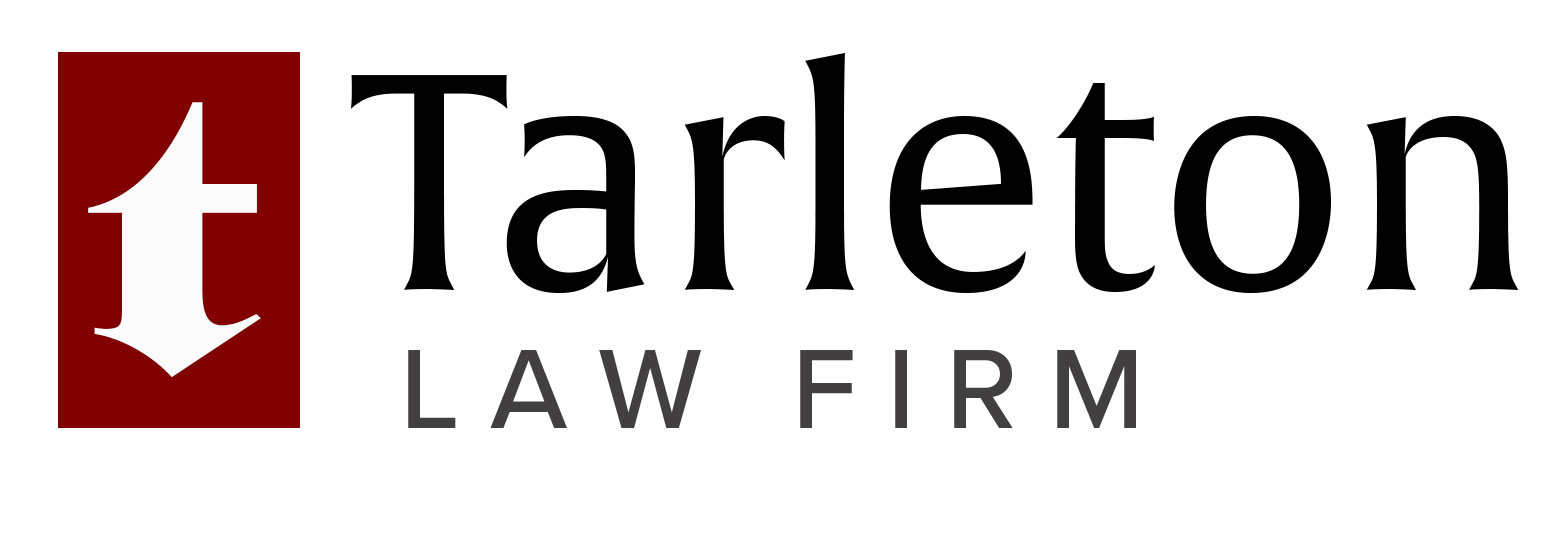Probate & Trust Administration
An estate or trust needs to be properly administered, and proper legal counsel is essential to the process of administering an estate or trust. The primary purpose of probate or trust administration is to transfer title to property, so it is vital to correctly identify the assets of an estate or trust and to appropriately document such transfer of assets to the heirs or beneficiaries. In advising executors, beneficiaries, and heirs, we use our expertise to address potential issues and explain the options available. Even in “simple” situations where a Will leaves everything to a surviving spouse, the failure to consult with an attorney about the estate can have unintended consequences for future surviving family members. We are here to help guide executors, trustees, and beneficiaries through the process of probating Wills, administering a trust, or the administration of an estate (whether there is a Will or not). We regularly advise trustees and executors on a wide range of administrative, legal and tax issues. Some estates may have only few or a single asset to transfer, while others may involve multiple real estate transfers, the ongoing operation or management of a business, or the preparation and filing of estate tax returns. In addition, we advise on the funding of trusts created under an estate plan, and steps involved in the ongoing administration of trusts, such as the designation and appointment of successor trustees or the exercise of rights and powers that may be granted to a beneficiary of a trust. Winding up the estate of a deceased person generally involves the following steps. Each situation is unique, however, so there may be fewer or additional steps to the process. Some of the areas where we assist clients regarding probate and estates include:
Following the loss of a family member or loved one, doing things right from the beginning is key.
Overview
Process
Read More About The Probate Process
Capabilities
